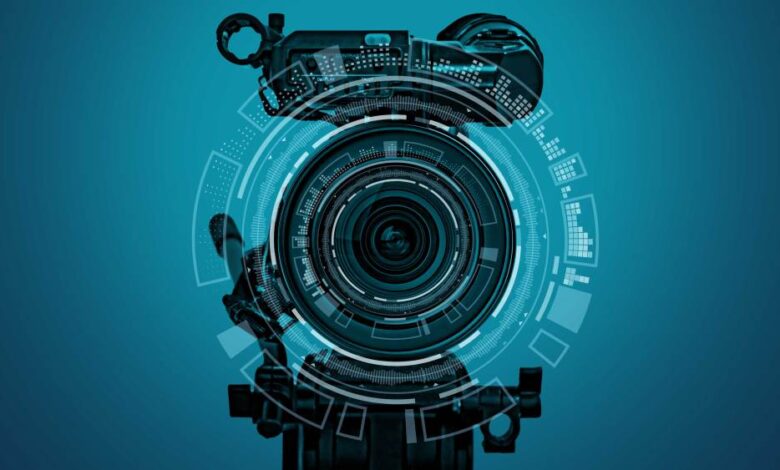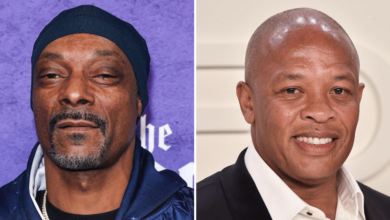California passes law requiring consent for AI use of dead artists

The California Senate has passed a bill requiring permission to use the likenesses of dead artists for AI-created digital replicas.
SAG-AFTRA was among the organizations that championed the legislation as a means to help the estates of deceased artists maintain some control over AI-created forgeries and replicas of famous figures. The union was quick to announce the passage of AB 1836 in a statement after the Senate debated the bill during an unusual Saturday session.
The passage of AB 1836, which now awaits Governor Gavin Newsom’s signature, comes four days after the Senate passed AB 2602, which tightens consent requirements for the use of AI to replicate living artists.
RELATED CONTENT: SAG-AFTRA wins passage of California law to restrict AI replicas
“For those who would use the digital replicas of deceased artists in movies, TV shows, video games, audiobooks, sound recordings and more, without first getting permission from those artists’ estates, the California Senate simply said NO,” SAG said -AFTRA. in a statement. “AB 1836 is another victory in SAG-AFTRA’s ongoing strategy to advance artist protections in a world of generative artificial intelligence. The passage of this bill, along with AB 2602 earlier this week, builds on our mosaic of protections in law and contract.”
SAG-AFTRA has been the leading advocate for the legislation in Sacramento. The language of both bills reflects protections the union built into its TV and film contract agreement with Hollywood’s major studios after a four-month strike last year.
“Both bills have been a legislative priority for the union, on behalf of our membership and beyond, mandating explicit consent in California. We look forward to these bills being signed by Governor Gavin Newsom,” SAG-AFTRA said.
At a hearing on the bill in April, Greenberg Glusker partner Douglas Mirell pointed to recent examples of AI use in filmmaking that were successful because producers secured prior permission from estates.
“In 2000, the late Oliver Reed, who died during the production of ‘Gladiator,’ had his performance completed with AI. In 2015, Paul Walker was resuscitated with AI assistance to complete scenes in ‘Furious 7’ after his untimely death,” Mirell said. “In 2016, Peter Cushing, who died in 1994, was digitally recreated using AI to reprise his character’s role in “Rogue One: A Star Wars Story.” Three years after her death [in December 2016]an AI Carrie Fisher appeared as the digitally reanimated princess in “Star Wars: The Rise of Skywalker.”
“In each of these four cases, permission to use the voice and/or likeness of this
deceased artists were sought and obtained from their families or other representatives
respective estates,” Mirell said. “I know of no reason why such permission cannot or should not continue to be required when recognizable deceased artists are asked to portray themselves after their death.
deaths. Simply put, passage of AB 1836 will ensure this outcome now and into the future.”




